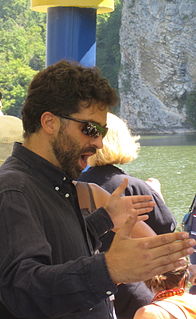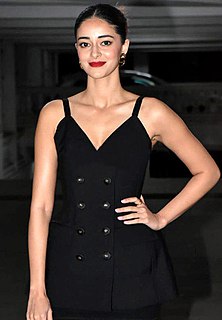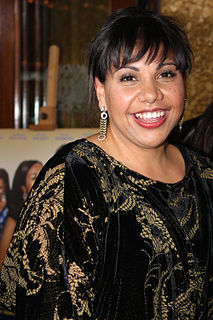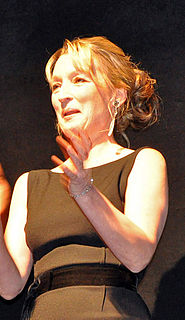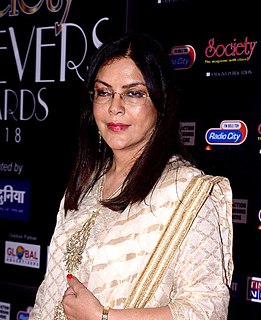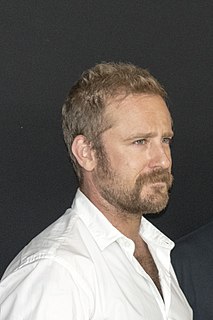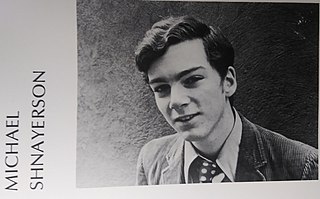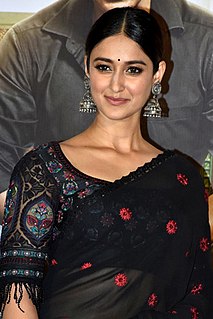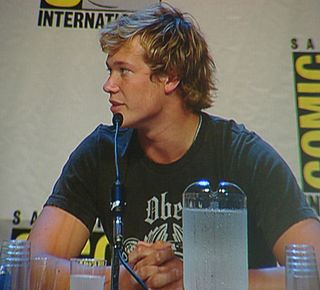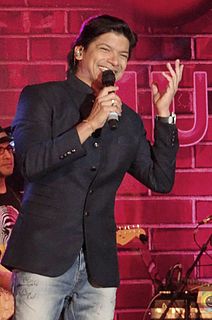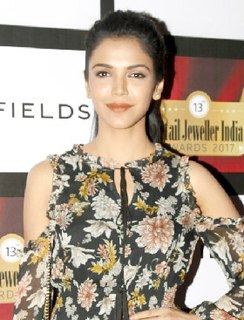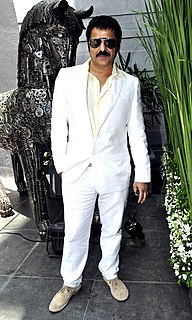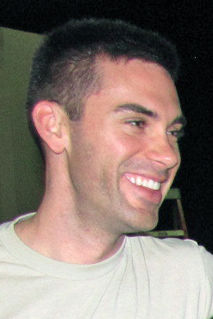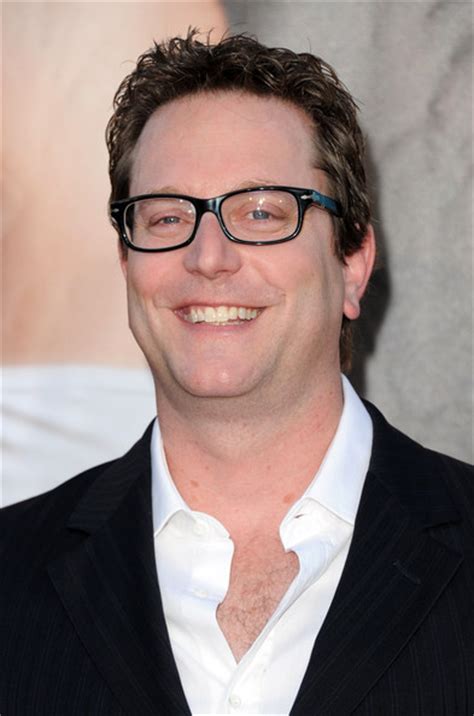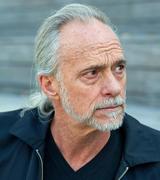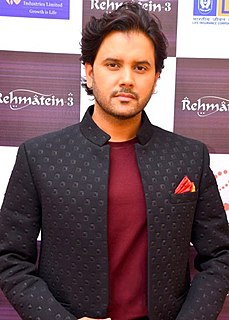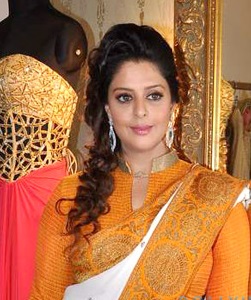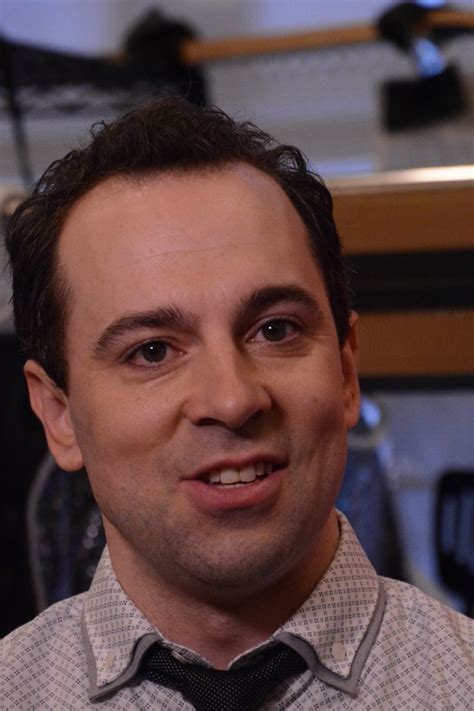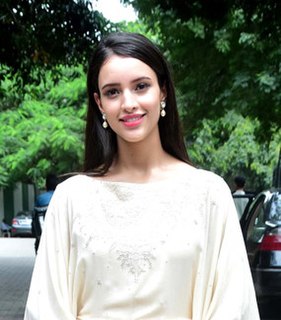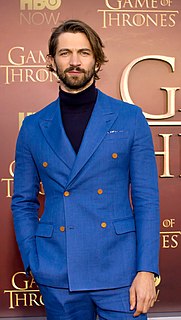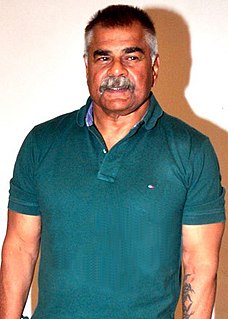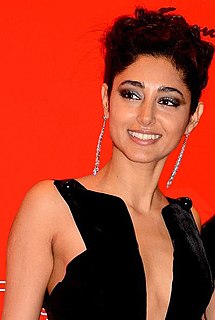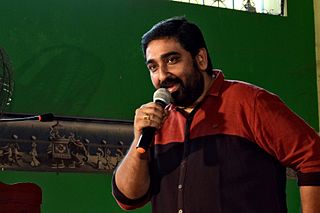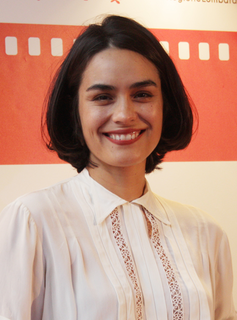Top 1200 Film Actors Quotes & Sayings - Page 2
Explore popular Film Actors quotes.
Last updated on October 16, 2024.
I started doing documentaries in the first place because of the war. I always wanted to do feature films, and I studied directing when the war started, so I was working with actors before, in film and in theater. So I think it's easy to work with actors when you have a script that is clear, when they know what and why they are doing it.
I would make a huge distinction between theater improvisation and film improvisation. There isn't much improvisation in film - there's virtually none. The people that theoretically could be good at this in a theater situation don't necessarily do this in a film in a way that will work, because it's much broader on a stage. But in a movie, it has to be real, and the characters have to look entirely real because it's being done as a faux documentary, so there are even fewer actors that can do that on film.
Stage is the ultimate test; I like watching established screen actors on stage to see if they can really do it. But it's great to have a healthy mixture of the two. Film is so technical: there's something very particular about the relationship between you and the camera. It took a long time for me to get good on film.
We've turned film into such an industry that we pursue naturalism just by shaking the camera and cutting the film to ribbons to provoke a bogus sense of documentary. But we haven't done the homework. To push the depth that the Actor's Studio did or the Russian theatres did with their actors is to rehearse, to spend time, to dig, to excavate.
There are so many great actors, but I really have a lot of respect for Johnny Depp. I've seen a lot of movies with him in it and, even if it's a film that wasn't as successful as you thought it would be, I've never seen him put in a bad performance. My favorite actors from history have to be Steve McQueen and James Dean.
What I love in working on film is just working with actors. It's one thing to write scenes alone over a keyboard and to imagine the actions and reactions in your head, but it's a completely other thing to hear actors speaking your words, to see their bodies bringing the fullness of emotion, need, desire and pain to life right in front of you. It's amazing.
The dream would be to work with my two favorite actors, Daniel Day Lewis and Cate Blanchett. Or playing Joaquin Phoenix's brother in a film. Basically anything where I get to act opposite actors like these; ones who bring a certain caliber to their work and literally morph into the character they are playing.
People who do not have funny in them are not funny when they read funny lines. Sorry. Just doesn't work that way. Seriously, this is the biggest rule of all. You live and die with your casting decisions. Your actors are the heart and soul of the whole thing. Without brilliant actors, you will not have a brilliant film.
The Australian film industry is a small industry, so you have to really be flexible within working in different mediums. A lot of actors work in theater, film, and television, because there's not much opportunity in terms of employment there. So you do have to be resourceful and be able to flex your muscles artistically.
Stage actors are usually much more conscious of speaking up and making sure that everyone can hear in the back of the theatre; a film actor probably thinks of that a little less. Unfortunately, there's a style of acting going round, especially with the younger actors, where they talk without even moving their lip. Maybe it's because my hearing probably isn't what it was 40 years ago but I'm sitting there going "What did they say"?
As actors, we need public relations to campaign for our next possible role, and any media promoting our work seems positive in nature; but whether in theater or on a film set, a bad unprofessional photograph at the wrong angle may not be as flattering to some actors, and may be considered a harmful exposure.
Film acting, if you don't play the lead, you come, and you do your scenes in a few days, and you act with a couple of colleagues. All the rest of the actors you never see, and you don't even meet many of them. And you don't know what will happen with what you've done. Maybe it will be in the film, maybe it will not.
Basically, actors arrive in a bubble. They have a little sealed bubble around them and it's basically [comprised of] their agents, their last film, their next film, their press agent, and their per diems - all these things, they cocoon themselves with and you have to puncture that bubble on each of them to make them be in your film.
It makes sense that it's so different from film and television, because it's so in-depth. As actors, when we're in film or television, we can have transcendent moments and we get to work with really creative and incredible people, but it's such a small percentage of your time that's about your process.
Film just chews up actors like nobody's business, and I'm not particularly interested in being chewed up. I think the camera can only look at somebody's face for so long. I guess you have to accept the roles you think are right at the time. You can build a career, but these days there doesn't seem to be that much interest in people being actors.



